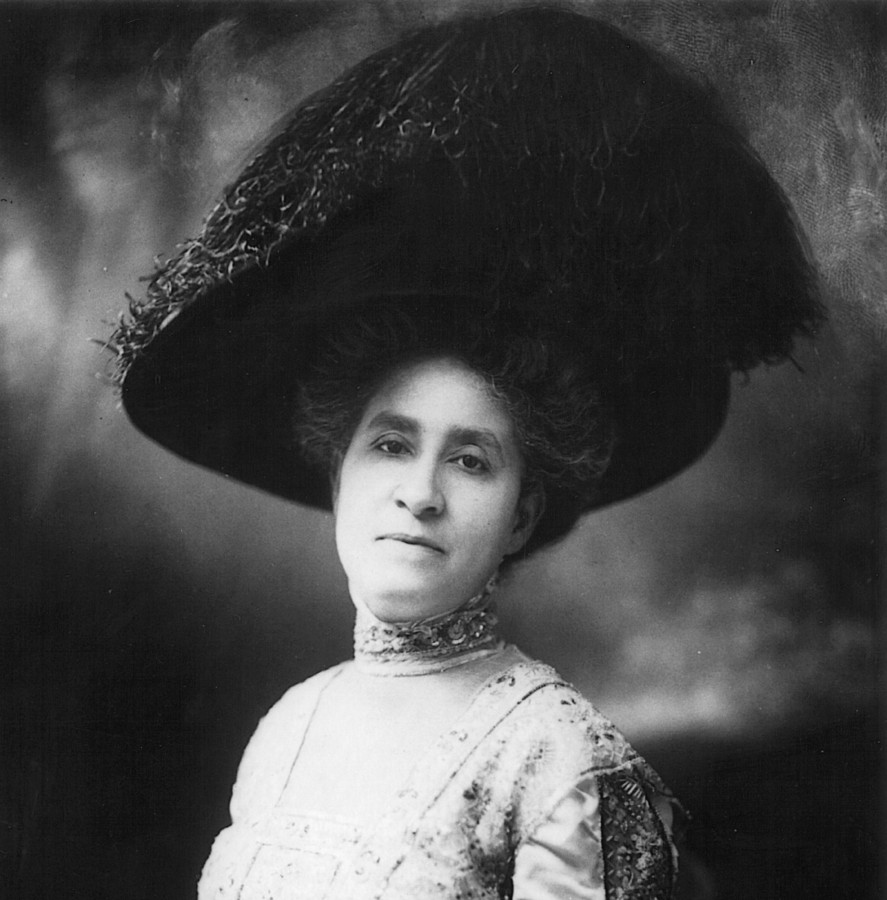Mary Church Terrell, born during the Civil War, was one of the most prominent activists of her era with a career that spanned well into the civil rights movements of the1950’s. Terrell was one of the first Black women to earn a college degree, in Classics at Oberlin College, and one of the first to earn an MA. She taught Latin at the M Street school— the first Black public high school in the nation—in Washington, DC. In 1896, she was the first Black woman in the United States appointed to the school board of a major city, serving the District of Columbia until 1906. She was a founding member and served as the first president of the National Association of Colored Women, was a charter member of both the National Association for the Advancement of Colored People, and the Colored Women’s League of Washington. She was a founding member of the National Association of College Women. A dedicated suffragist during her Oberlin years, she continued to be active within circles in the National American Woman Suffrage Association (NAWSA).
Terrell believed in racial uplift and equal opportunity, actively campaigning for women’s and Black women’s suffrage. She picketed the Wilson White House with members of the National Woman’s Party. As one of the few Black women allowed to attend NAWSA meetings, Terrell directly spoke out about the racism and injustices experienced within the Black community. Her association with NAWSA inspired Terrell to create a formal organized group for Black women in America to address issues of lynching, Black disenfranchisement, and education reform. Terrell wrote abundantly about Black female empowerment, including an autobiography, A Colored Woman in a White World. At the age of 80, she continued to participate in picket lines, protesting the segregation of restaurants and theaters. During her senior years, Terrell successfully persuaded the local chapter of the American Association of University Women to admit Black members. She lived to see the Supreme Court’s decision in Brown v. Board of Education, holding unconstitutional the racial segregation of public schools. Terrell died two months later at the age of 90, on July 24, 1954.

